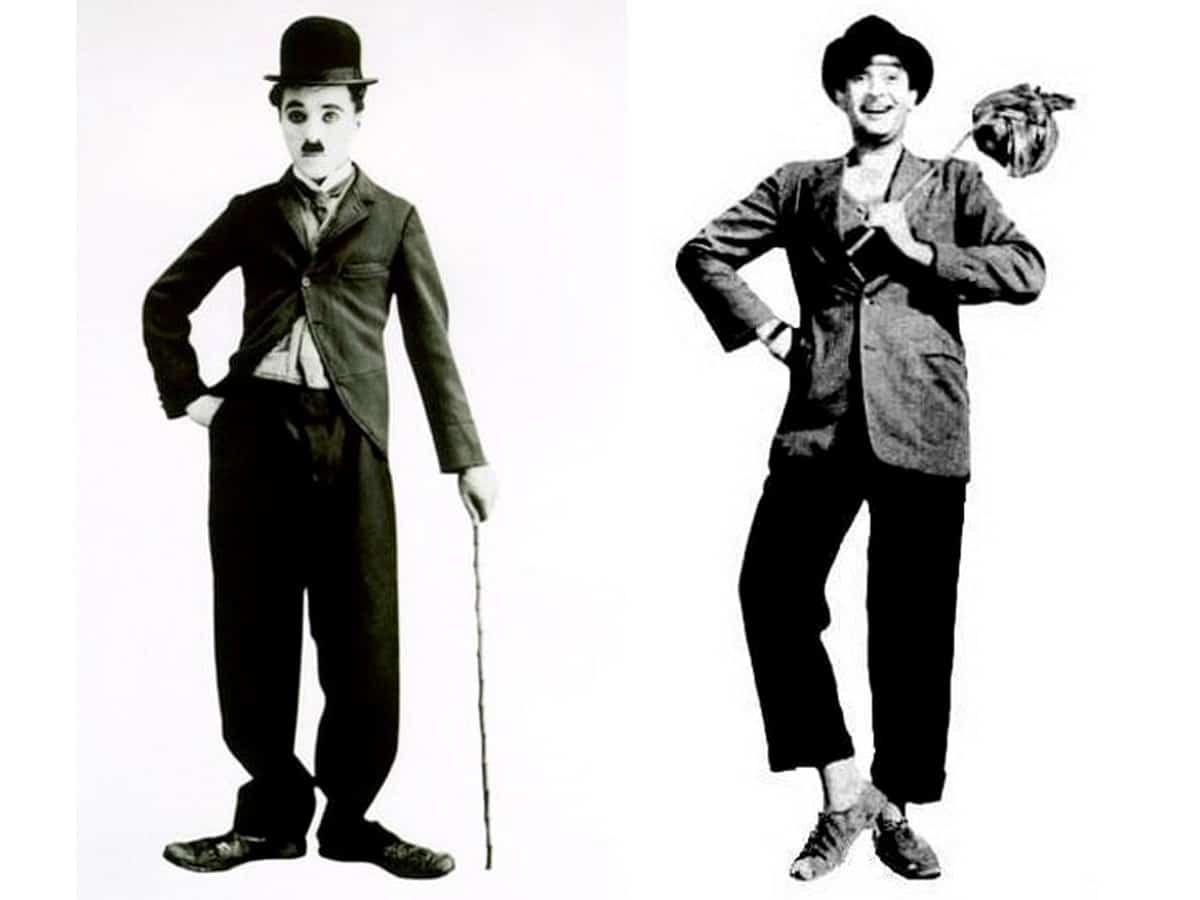

Literature, art, music and films play a very significant role in the interaction of different sections of the human society. Through these mediums people of different cultures and faiths can understand each other’s deepest feelings and emotions. Out of that understanding arise love, respect and friendship. Where films are concerned, the Indian film industry has helped to create a worldwide awareness of Indian culture and customs in a way that no government has ever been able to do.
Indian films of all languages played a role in constructing modern Indian society. Outside India, our films had a big impact as well. No amount of propaganda by any government or ruling party could create the love for Indian culture and music that films generate.
For example, when Raj Kapoor made films which carried a social message and a mix of entertainment, he became immensely popular in the USSR, South Asia, African Continent as such and China. Through his films, the people of these countries came to know what Indians did, how they lived, how they felt and what were India’s social and family values.

Raj Kapoor left an indelible mark not only on Indian cinema goers but also in the psyche of the foreign audience. He was so popular in the USSR that on one occasion, when he reached Moscow, his cab was lifted up by hundreds of his fans and then carried by them for a short distance. This incident was related by Rishi Kapoor in an interview.

The film Awaara was released in the USSR under the name “Bradgaya” and became a big hit. Over the next few months, 64 million tickets were sold and the film still remains the third most watched foreign film in Russia. It is difficult to pinpoint the exact reason for the popularity of Raj Kapoor’s films but some of the reasons could stem from the fact that India, led by Pandit Nehru, had identified itself closely with the socialist countries. Therefore the citizens of the socialist countries developed empathy for Indians and Indian culture.
Moreover, Raj Kapoor’s films had a simple theme and evoked the emotions that are universal in nature. So they could be appreciated by a worldwide audience.
Awaara became a sensational hit in the entire South Asia, USSR, East Africa, Middle East, Afghanistan, Central Asia and Eastern Europe. The famous song Awaara Hoon (I am a vagabond) sung by Mukesh with lyrics by Shailendra, came to be sung by film fans across the world. Most did not understand the lyrics and many mispronounced the words. But they felt the emotions and they identified with the concept of the song and its music.
Awaara was also nominated for the Grand Prize at the Cannes Film Festival in 1953. It is estimated that the film has sold more than 200 million tickets overseas, including more than 100 million in China. Due to its immense popularity in so many different countries, international experts have ranked it among the most successful films of all time. It was ranked among the 100 All Time Greatest films by Time Magazine in 2012.

Raj Kapoor with his Charlie Chaplin like appearance, dressed in very ordinary attire, and his films like Awaara and Shree 420, captivated the hearts of people all over the world. According to critics, the adulation for Raj Kapoor in the USSR was similar to the adulation for The Beatles in Europe and the USA. After Raj Kapoor had broken the ice, the films of Dev Anand and Dilip Kumar also began making their way into the USSR. It is said that 800 prints of Dev Anand’s 1952 film Rahi, dubbed into 15 different languages, were released all over the USSR.

The film Rahi was based on Mulk Raj Anand’s novel Two Leaves and A Bud and was produced and directed by the famous K.A. Abbas. The film starred Dev Anand, Nalini Jaywant, Balraj Sahni, and Achala Sachdev. Dev Anand had high hopes about the prospects of the film and it did moderately well with the foreign audience but not as well as Awaara.
Later when actors like Mithun Chakraborty, Sridevi and Shah Rukh Khan came into the picture, the world already knew about Indian films and their movies too became well known. Shah Rukh Khan’s film My Name Is Khan has grossed more than $20 million. Films like Dilwale, Chennai Express, Raees, Jab Tak Hai Jaan and Don have amassed fortunes. The Bollywood Khans, Ajay Devgn, Deepika Padukone and others are now not just the most popular stars in India but in many other countries as well.
Recently there was a report about a lady named Ashwani Deshpande who needed to transfer money to a travel agent in Egypt but was having some difficulties in doing so. However, the agent’s response stunned her. He replied: “You are from the country of Shah Rukh Khan. I trust you. I will make the booking, you pay me later. For anywhere else, I wouldn’t do this. But anything for Shah Rukh Khan.”
That is what soft power means. No political leader could have achieved this. Not even the Presidents of the USA or Russia or China could have made the travel agent so much cooperative as the name of Shah Rukh Khan. The Bollywood hero, true to his nature, also humbly thanked the agent for his kindness to an Indian citizen. This incident illustrates what power films and artists can have on the minds of people all over the world. India is blessed that it has one of the most prolific film industries in the world and a plethora of very talented stars whose influence stretches across all international borders. It is India’s soft power that the world recognises.
Abhijit Sen Gupta is a seasoned journalist who writes on Sports and various other subjects.

